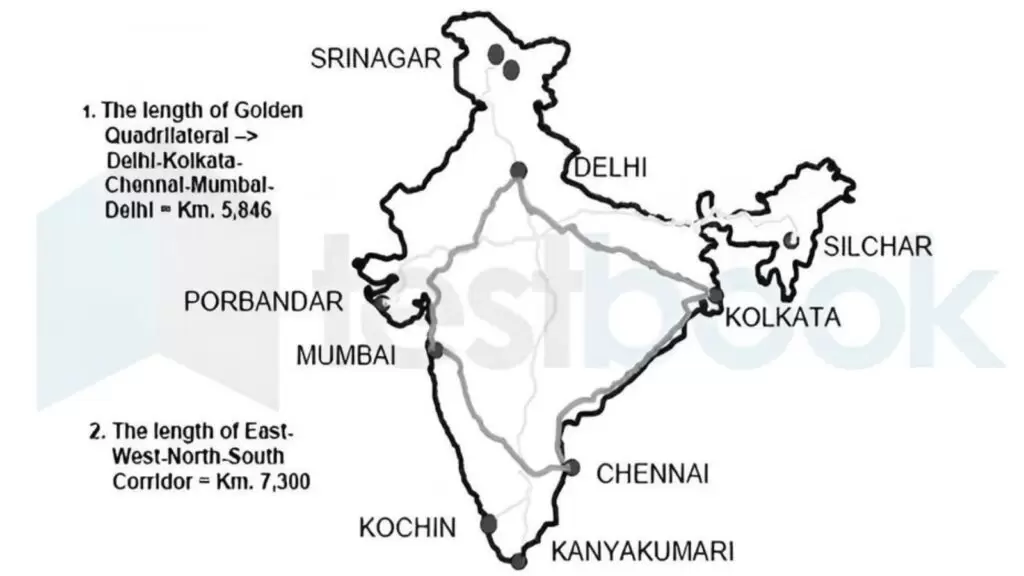India’s ₹20 Trillion Expressway Revolution: 20,000 km Network to Transform Travel by 2030

India’s Mega Expressway Vision for 2030
India has unveiled an ambitious plan to build an extensive 20,000 km expressway network by 2030 with an estimated investment of ₹20 trillion. The project is set to revolutionize the country’s transportation infrastructure, reduce travel time, and enhance safety standards across major routes.
Reviving and Expanding the Golden Quadrilateral
A major part of this plan focuses on upgrading the iconic Golden Quadrilateral – the expressway network that connects Delhi, Mumbai, Chennai, and Kolkata. Alongside this, new East-West and North-South corridors will ensure seamless connectivity across all regions of India, strengthening both logistics and passenger movement.
Investment and Economic Growth
The ₹20 trillion investment is being supported by a combination of public funds, private investments, and international financial agencies such as the World Bank and JICA. This hybrid funding model aims to accelerate construction while integrating advanced technology for efficient land acquisition and project management.
Progress and Technological Integration
As of now, around 2,500 km of the expressway network is already operational, with several additional stretches undergoing construction. The integration of innovative technology in construction and monitoring will further streamline progress and ensure timely project delivery.
Economic and Social Impact
By connecting remote and developing regions, India’s expressway network promises to boost trade, tourism, and regional economies. Faster travel times will reduce fuel costs, lower logistics expenses, and provide safer journeys for millions of commuters. The expressway expansion by 2030 is expected to propel India into a new era of infrastructure-driven growth.









